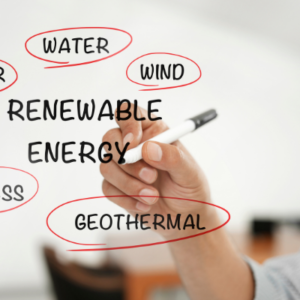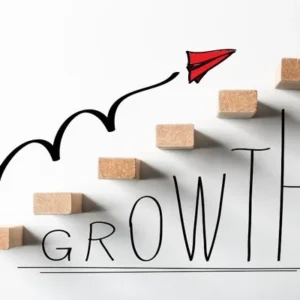The European Investment Bank (EIB) Group has launched phase two of its Climate Bank Roadmap, reinforcing its position as a leading financier of the green industrial revolution and energy security. Building on the success of the first phase since 2020, this next stage prioritizes competitiveness, energy security, and affordability for households and businesses, while radically simplifying procedures to accelerate green investments. The roadmap emphasizes support for cleantech, supply chain resilience, and renewable energy integration, alongside tailored financial products to reduce energy costs.
Phase two also includes a commitment to double climate adaptation financing to €30 billion for 2026–2030, focusing on agriculture, water management, urban infrastructure, and vulnerable communities. This step responds to rising climate-related damages, with studies indicating that each euro invested in prevention and adaptation can save five to seven euros in future losses. Technical assistance will be enhanced to support small island developing states, low-income communities, indigenous populations, and other vulnerable groups.
To simplify access to green finance, the EIB Group is streamlining administrative procedures, particularly for SMEs, by aligning with EU reporting standards such as the Corporate Sustainability Reporting Directive and expanding digital tools like the Green Checker. These measures aim to cut red tape, accelerate project approvals, and ensure efficient allocation of resources for climate action.
The roadmap also strengthens EIB’s global engagement, fostering international partnerships to support the worldwide green transition while creating opportunities for European green innovators. Stakeholder engagement has been integral to the roadmap’s development, with consultations and feedback sessions involving civil society, institutional partners, and the public to guide priorities and ensure transparency.
Through these measures, the EIB Group aims to continue supporting Europe’s energy transition, advancing competitiveness, securing energy supply, and fostering sustainable growth for both companies and households while maintaining a global leadership role in climate finance.







